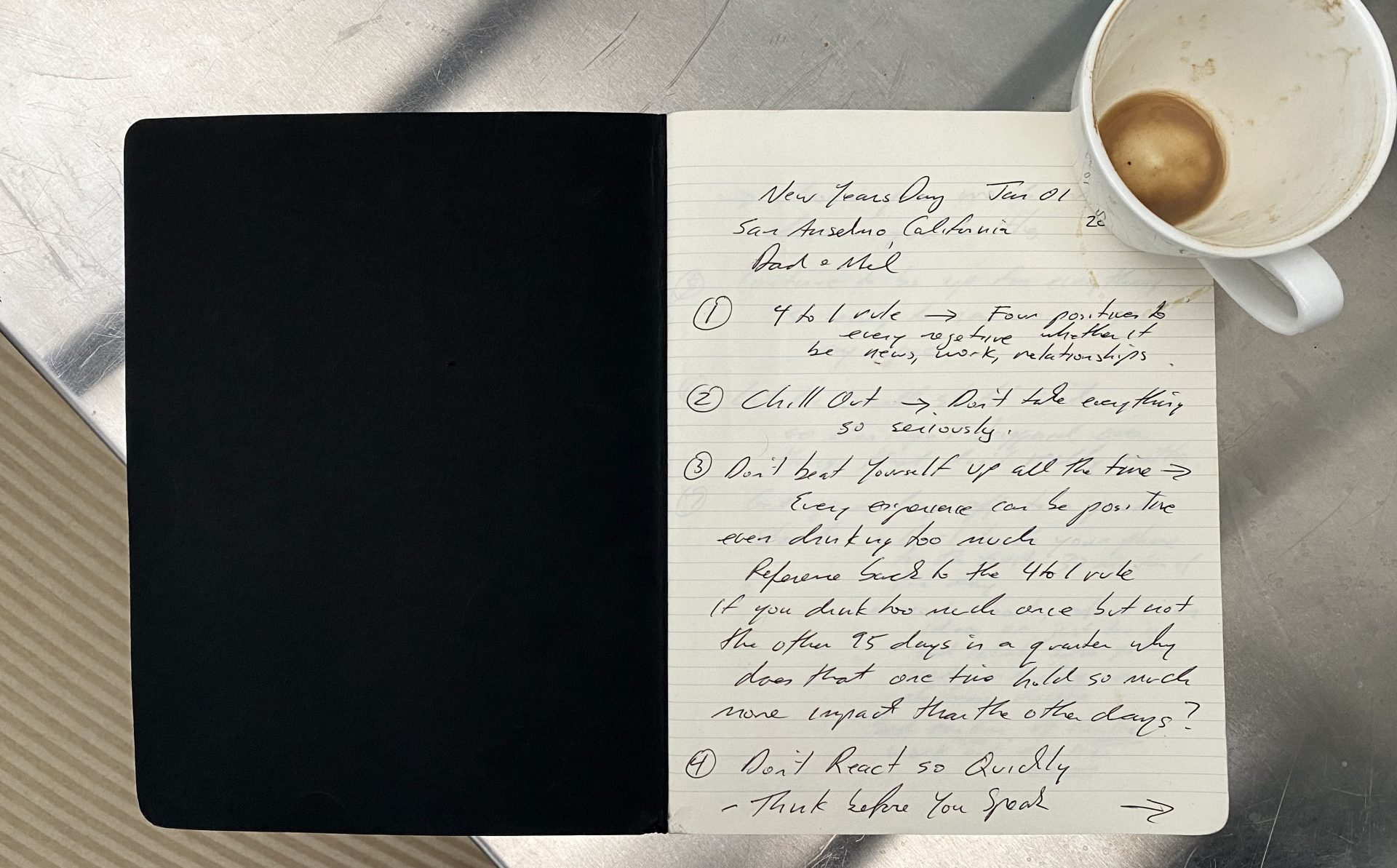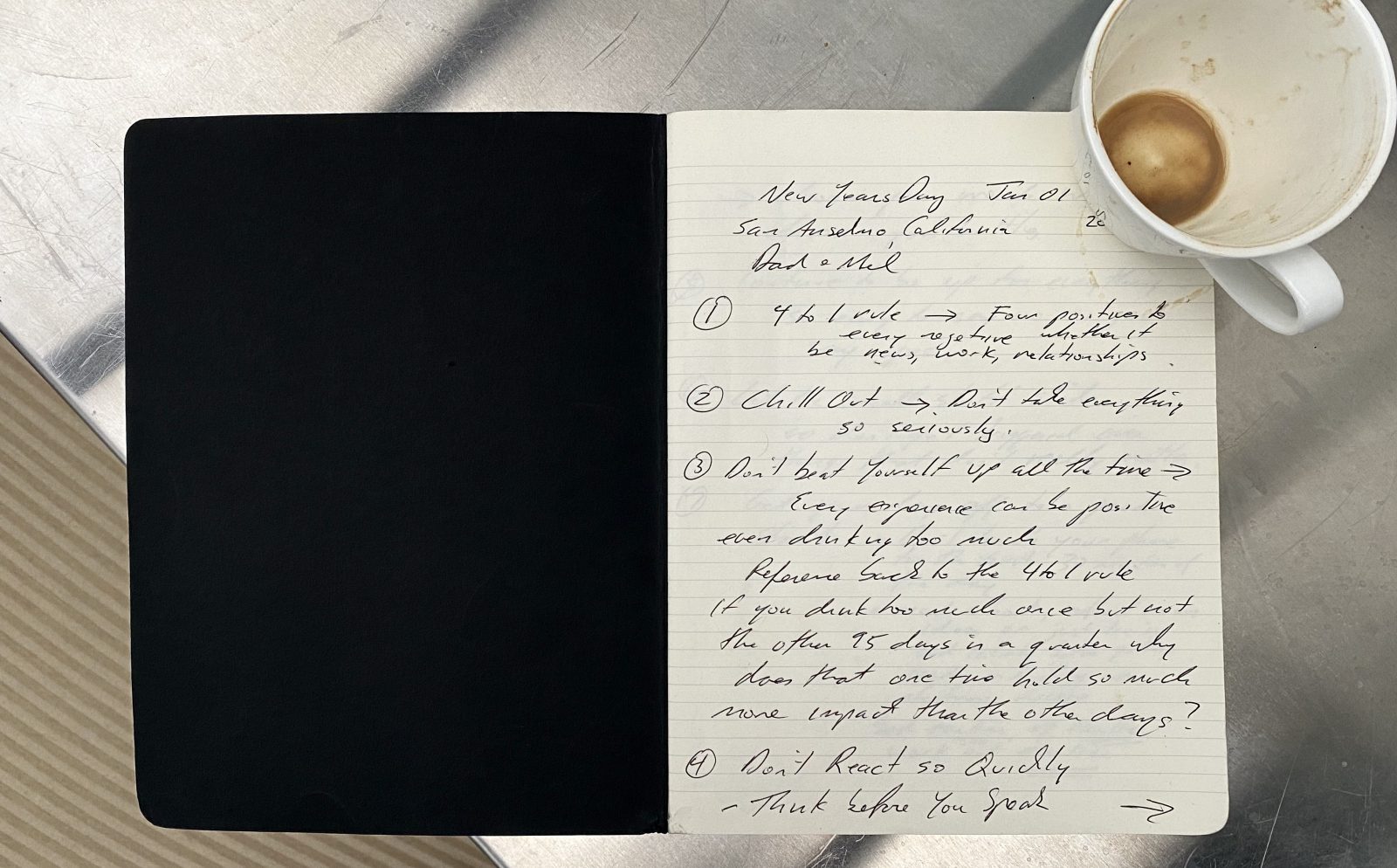Yes they have. In fact, 71% of those polled in a new study of 2,000 Americans conducted by OnePoll, stated they would not be bothering with resolutions at all for 2021. Instead most would focus on a new life skill to get them back on track after a dismal 2020. That begs the question, how does that differ from a resolution? Maybe resolutions are goals set in desire versus goals that are set in survival.

In the past, quitting smoking, losing weight and eating healthier all topped the list of popular resolutions. Instead, 62% of survey participants said, saving for the future or paying down debt accumulated in 2020 (49%) was their goal for 2021. Half of respondents hope to budget better in 2021.
The majority of poll participants (68%) plan to prioritize finding meaningful life experiences, including spending more time with their family and traveling more as goals for 2021 suggesting that a more altruistic tone is motivating the year ahead as opposed to independent goals like getting fit.
Of those that do make resolutions, OnePoll discovered that February 1st is the day most people call it quits on their resolutions. The top reason resolutions don’t stick according to the study, is due to a lack of discipline that guides us (52%), in other words we cave because habit changing is hard, followed by the best excuse of them all; we blame our busy schedules and how we lack the proper time to see resolutions through (43%).
Half (50%) of those surveyed, report eating healthy as a struggle they experience in their everyday lives.Staying on budget (47%), saving for retirement (42%), sticking to an exercise routine (40%) and spending less money (36%) all tally as the biggest ways Americans struggle to meet their goals on a daily basis. As a result, two-thirds (67%) of respondents’ attribute setting a resolution as having a positive impact on their lives and helping them change their lifestyle over time, except of course, most have abandoned those resolutions after a measly 30 days of trying. But you can’t succeed unless you at least give it a try.
Two in five respondents point to societal and peer pressure as a big reason their resolutions don’t survive. Now this one makes sense. Who hasn’t resolved to go booze-free in January, only to find yourself in the bar for beers after a day of skiing? Arrgh! So success to staying on track is to avoid friends at all cost. Now who wants to do that after the year we have just had?
The survey also found it only takes four things to go wrong in a day before the day is officially deemed as “bad.” However, 70% of those who do plan to make a 2021 resolution will be more lenient with themselves while working towards their goals. Rather than setting strict deadlines, those participants will set more realistic expectations for 2021 meaning a large portion of the survey participants hope to maintain a positive outlook through the new year being guided by remembering how awful life was in 2020.
The biggest takeaway from OnePoll is that 62% of participants plan to tackle the new year with a relaxed mindset with renewed motivation. And maybe that’s the secret we all need for success in 2021 – instead of “I am never drinking again”, perhaps I won’t drink from Sunday to Wednesday. Instead of “I’m never eating French fries again”, maybe I’ll stay away from fast food during the week and indulge only on the weekends. Of course, this exercise in moderation and self-discipline has been around since self-awareness began, but as studies show time and time again, by February 1st we will all be back to our old habits.
Maybe a resolution that we can all agree on is trying to be kind. After 2020, kindness and toleration may be the best resolution of all. Try to keep it going beyond 30 days!









